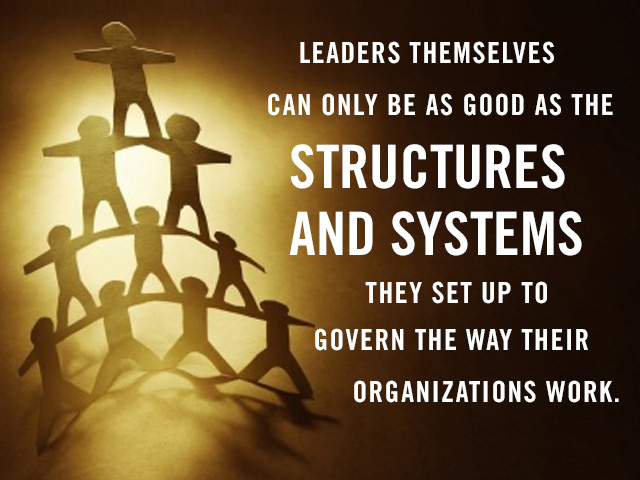Several weeks ago I had the opportunity to spend some time with Mark Dolsen, the president of TRQSS. TRQSS is a Windsor, Ontario-based tier one supplier to Toyota and other car makers. The company is a division of Tokia Rika out of Japan, and makes seat-belt assemblies and various automobile switches.
Over the past few years, Mark has led an ambitious program to consolidate work being done in several separate locations into a single building. In the process, work flow was streamlined and productivity improved. The success of these major layout changes was not surprising given Mark’s skills and background. He has a bachelor degree in electrical engineering, a master degree in industrial engineering degrees, and is currently working on his dissertation to complete his doctorate in industrial and systems engineering from Wayne State University. He has been with TRQSS for several decades, having worked his way up to his current position, and knows the company’s products and manufacturing processes very well. So his ability to improve the operation’s layout and flow was not unexpected. What did surprise me was a statement he made about one of his core beliefs, “The most important factor in continually improving an operation’s performance is the relationship between the supervisor and his direct reports.” Here, a person whose entire training has focused on the technical elements of manufacturing is stressing the importance of a “soft” factor – the interpersonal relationship between front-lines workers and their direct supervisors.
In Mark’s view, the supervisor plays a vital role in unlocking the 80 percent of an organization’s improvement potential that resides in front-line ideas. Sharing an idea with your boss involves a certain risk. It’s saying “Boss, there’s a problem and I have a solution.” The worker has to trust that the boss will not take the idea as a complaint and will deal with it properly. If workers aren’t comfortable in sharing ideas with their supervisors, or their supervisors are not skilled at eliciting and managing idea, even a technically well-designed idea process will get few ideas. At the same time, a nominally poor process can achieve good results with a skilled supervisor who relates well to his or her workers.
This is why organizations need to be careful in who they choose to promote into supervisory positions and how they train them. When hiring a supervisor, or promoting a front-line worker to such a position, it is natural to focus on the person’s technical skills. After all, how can they direct others or solve problems if they do not know what needs to be done? Certainly technical skills are important, but the person with the best technical skills may make a very poor manager because he or she lacks a relationship building orientation and the interpersonal skills needed.
. To be effective supervisors need to have good skills in listening, coaching, teaching, communication. In idea-driven organizations supervisors also need to know how to properly handle different kinds of common issues, especially how to respond to bad ideas.
What does your organization value when selecting supervisors? Are they given the support and training needed to develop their interpersonal skills? After all, you don’t supervise machines, you supervise people.


